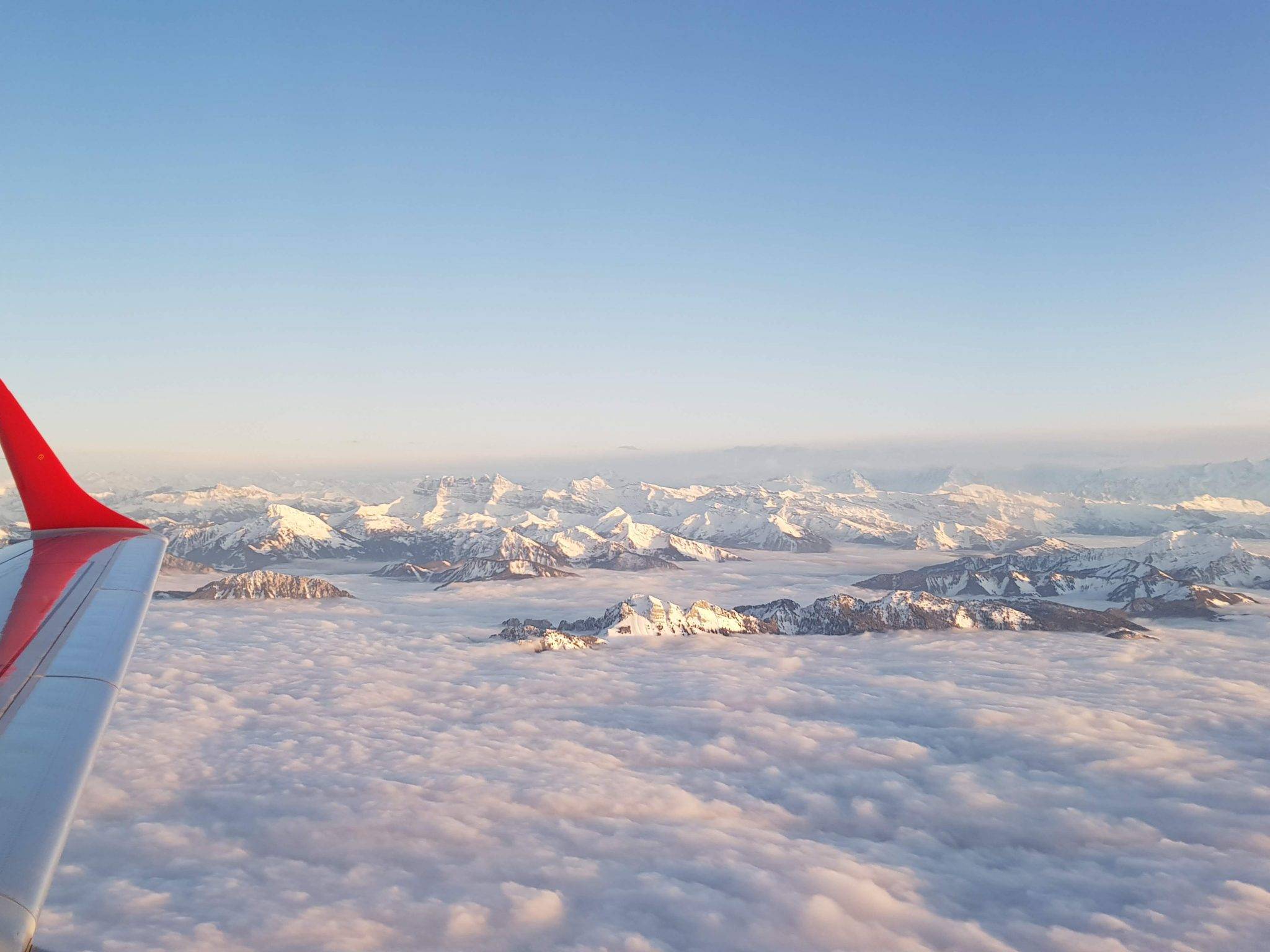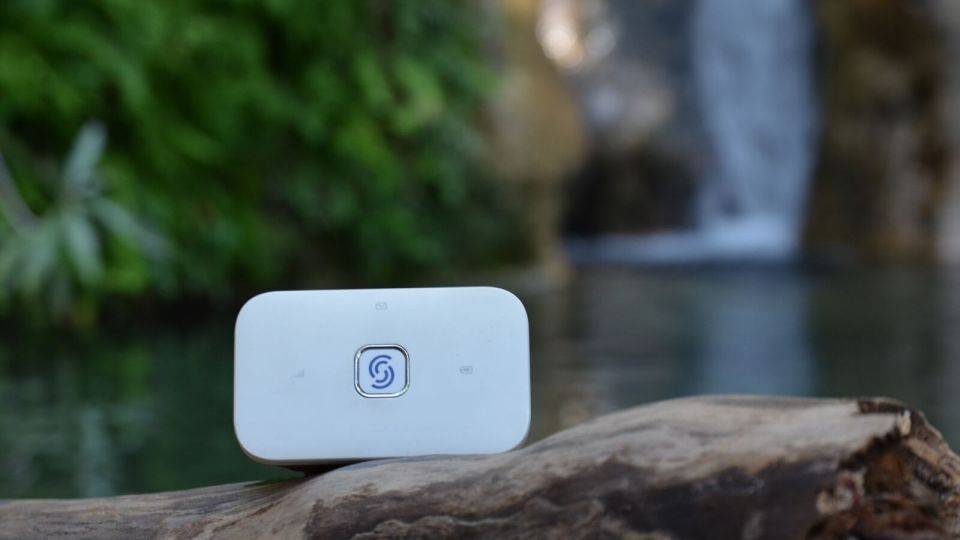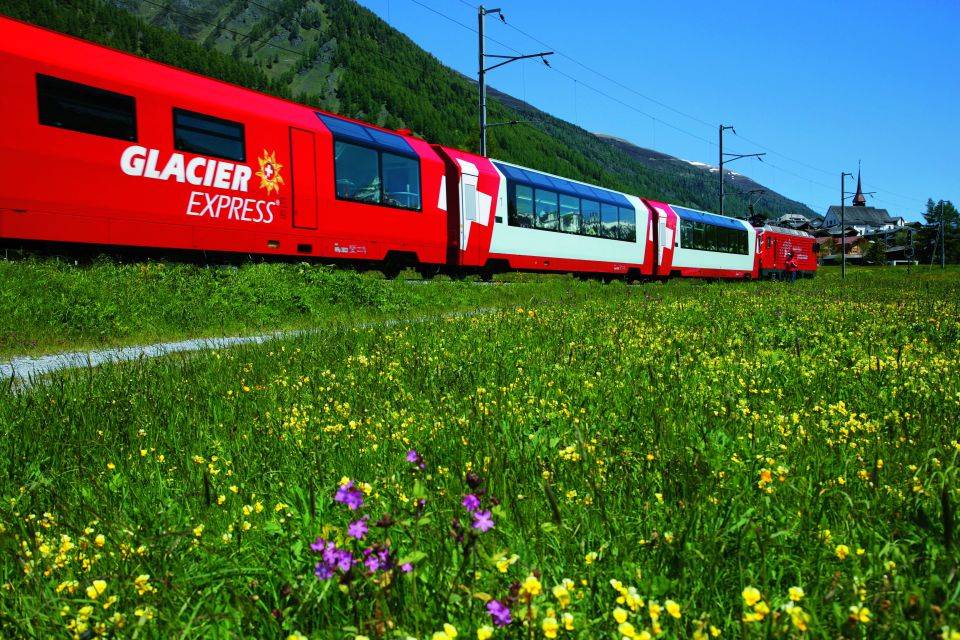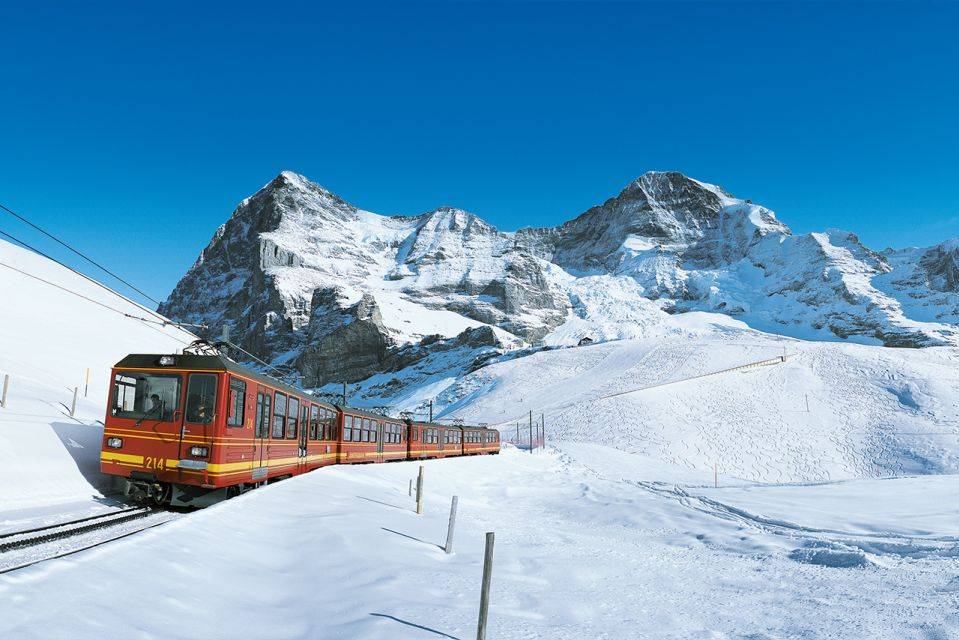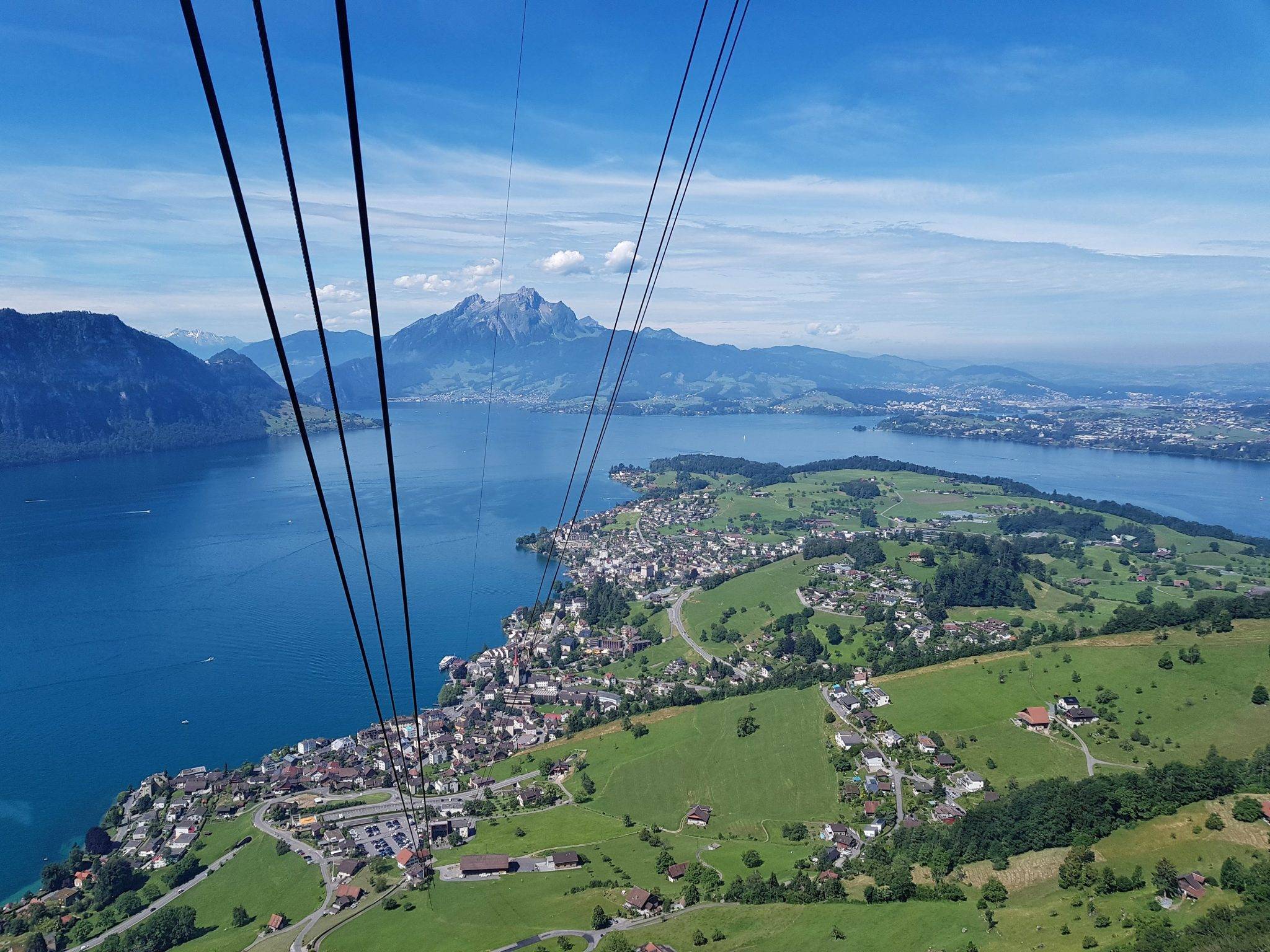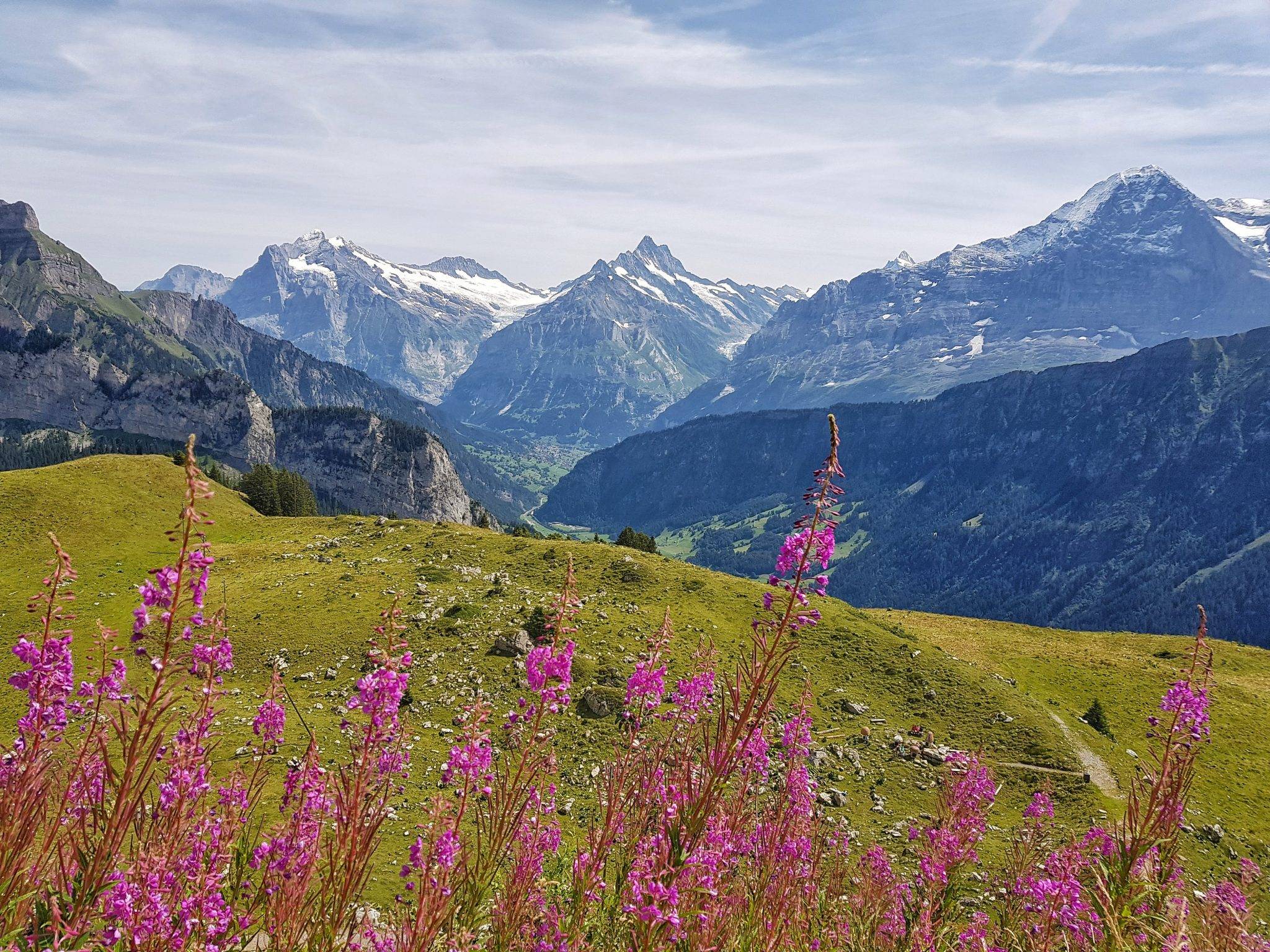Switzerland is a very interesting country if you like nature. It’s even bigger than you might think. “I lived in Switzerland for two years and I couldn’t say that I visited it all. I really got mountain sickness and I will definitely come back if I have the chance,” says Rita Danė.
Rita agreed to share useful tips, recommendations and take us to beautiful Switzerland with our readers. As a rule, travelers do not have two years and want to choose TOP10 attractions. I’m afraid to disappoint, but this is also hardly possible. However, if you have a couple of weeks that you would like to spend in Switzerland, I can advise you. Here we go. Switzerland with children: general tips is Rita’s first article.
Let’s start from the beginning – I want to go to Switzerland, where can I find information?
Start with the My Switzerland portal – this is a very detailed portal where you will find a lot of inspiration and places to visit.
When to travel?
If you like skiing – definitely visit in winter. The ski season starts before Christmas (only prices for accommodation during the festive season are through the roof) and lasts until April in those ski resorts that are +2000 km above sea level. In all resorts, you will find children’s schools and infrastructure adapted to this. Swiss children start skiing before they can stand on their feet.
If you want to enjoy hiking, which is super popular in Switzerland, travel in June-October. In 2021, the winter was very snowy and the spring was long and cool, so even in early June the higher slopes were not yet open. It is not recommended to go on unopened tracks, as the bans are not valid in case of an accident. And an out-of-pocket helicopter rescue operation can seriously blow your travel budget.
How to get to Switzerland?
The first option is to fly to the country. Currently, there are already direct flights to Zurich with AirBaltic, and with one transfer you can fly to many more cities.
The second option is to arrive by car. Don’t forget to buy a road vignette, which is a one-time use and gives you the right to use the motorways. It is valid for one year and costs 40 CHF (~40 EUR). Traveling without a vignette will be very difficult and expensive. The fines are high.
It is important to know
A small observation off topic – Switzerland is not part of the European Union. This means that there are customs, there are requirements and restrictions on imported goods (especially dairy products, meat, alcohol and tobacco products). For example no more than 1 kg of meat per person can be imported. There is a random check of passengers at the border, so the excess will either have to be thrown away or a fine will have to be paid. You can find more information on the My Switzerland portal or for travelers on another site.
Another important nuance – roaming is very expensive, it can reach up to 3 EUR per minute, not to mention data transfer prices. Before you travel, check what your network operator offers – maybe you can buy an additional package at a better price for a certain period of days (for example, Tele2 definitely offers this). Make the most of wifi, downloaded maps.
“Travel with children” advises: to inquire about the service for unlimited internet, go here: Switzerland: Unlimited 4G Internet with Pocket WiFi
Traveling around the country
Traveling by car
If you arrive by car, it is likely that you will travel by car. The roads are of excellent quality, the speed in cities is 50 km/h, in many places and 30 km/h (especially in the centers), on roads – 80 km/h, on highways – 120 km/h. I strongly recommend to follow the rules, the fines are childish, and the speed radars record even a few kilometers over the limit. Information about radars is not always provided with an additional sign in advance. You can park anywhere where it is not prohibited, but please observe the order in the lots. I have received a fine for parking in a parking lot in a place that does not disturb anyone, unfortunately not between two lines.
Parking lots will usually be paid, unless it’s somewhere in the wild. Parking at shops is also usually paid. Although it is often possible to pay by card, some parking lots will only accept cash. Switzerland is much more of a cash country than we are used to.
Traveling around Switzerland by camper
A camper is also a good tool, you will find quite a few pitches and colleagues with the same wheels. I myself have not traveled around Switzerland with a camper, so I can’t give any more advice on that topic. Google says it can cost CHF 60-100 per night for a family, up to CHF 200 per family if you want a cabin. Find out more about traveling by camper.
Traveling by public transport
Another option is to travel by public transport. Pros: You can reach any corner of Switzerland with trains and buses that run perfectly according to the schedule. Some attractions cannot be reached by car, e.g. if you want to visit Zermatt and see the Matterhorn. Cons: It will be expensive. It is much cheaper to travel while living in Switzerland as they have huge discounts for residents. For visitors who want to use trains, a special solution is available.
My recommendation, after assessing the route and need for train travel, would be to purchase a Half Fare Card. It costs CHF 120 per month and with it all tickets are half price. If you travel at least 3-4 times, you will save money. Children under the age of 16 travel free in Switzerland with one parent. The Swiss Family Card is issued free of charge.
Why do I say it’s worth it? Because e.g. boarding/descent to Jungfraujoch (and definitely one of the TOP attractions) costs 200 CHF for an adult. With the card, it will be half the price, and children will also travel for free. So if the price of the Half Fare Card scares you, tickets without a discount will scare you even more. Half fare Card gives a discount on all public transport tickets – buses, trains and ships.
“Travel with children” advises to inquire here: Swiss Travel Pass: Unlimited Travel on Train, Bus & Boat
Is it worth choosing Switzerland for a trip with children?
And yes and no. First of all, it will be a very active trip, so evaluate the wishes and capabilities of your children. Most likely, you will spend a lot of time in the fresh air, you will probably go hiking, you will want to see as much as possible – take this into account. On the other hand, the infrastructure is very developed and adapted to families, even though the country is really mountainous. Sometimes you may have to push a stroller up or down a hill, carry a tired child, or talk a teenager into “climbing that hill.” There will be no problems traveling by public transport, neither with wheelchairs nor with bicycles, you can find hiking recommendations for families (with wheelchairs, of course, it’s difficult, but you can find them), restaurants in rest areas. Everything is unobtrusive, clean and comfortable.
But above all, think about yourself – Switzerland is not Legoland, where you go for children. First of all, it must be interesting to you. This is a country for adults, which is also very well suited for children. And it is really mountainous.
How to talk?
In larger cities, English is spoken at service points (stations, restaurants, museums), but in smaller towns, often only the local language is spoken. Switzerland has three official languages - German (Swiss dialect, so you’ll get the gist, but not necessarily every single word) is spoken in the north and east; French (not far from the common language of France) is spoken in the southwest and Italian in the southeast. And no, Italian-speaking Switzerland does not have to know French, so you will have to adapt to the circumstances. The national language is also Romansh, but it is spoken by only 0.5% of the population in a very small region in the east, so you probably won’t need it.
In any case, English and google translate will definitely help to communicate. Although the Swiss are reserved, they are quite helpful people. It’s true, they won’t come to you to explain the way if they see you wandering around with a map in your hands. You will have to come by yourself.
Hiking
This is a national activity. Coming from the plains seems a little strange, but then you get mountain sickness yourself. There are an abnormal number of hiking trails, the trails are very well marked. A very wide variety of trails, from those that you can get up, walk up and down, to very steep and long, sometimes multi-day routes if you’re determined to conquer the world.
Along the way, you will likely find resting places (even if they are improvised from stones and wooden benches), and you will often have to take your trash with you. Switzerland is an extremely clean country, not because someone is good at collecting garbage, but because people carry their garbage from the mountains in their backpacks. Therefore, there are practically no trash cans in the mountains. A few recommendations I used when I lived there when I wanted to find a new route for the weekend: Alltrails and Schweizmobil.
In most cases, you won’t find many kiosks with drinks and ice creams on your way. When going to the mountains, you should always have a fully charged phone (and a power bank for longer routes), water, good footwear, a hat, sunscreen and snacks. On steeper trails, hiking poles also come in handy.
Food and prices
Switzerland is not a country of very exclusive food, so you should not look for very special national cuisine. The country became rich only with the industrial revolution, when genius engineers were able to connect Europe with railways across the Alps and build new trade routes. Therefore, the national cuisine is quite poor, originating from the diet of shepherds: cheese with bread and potatoes. It would be remiss not to try cheese fondue or Raclette.
Food is 2-3 times more expensive than in Lithuania and, as I already mentioned, you may not bring your own. You can find all essential goods in small shops, of course, the selection is wider in larger ones. The range is wider only in certain groups, e.g. the selection of cheese is very wide, and you can find just a few types of mayonnaise. Meat in the shops is extremely expensive, expect to pay 20 CHF for a chicken and 15 CHF for a whole piece of beef steak. The selection of vegetables is wide and they are of very high quality.
There are two main retail chains – Migros and Coop. Migros does not sell alcohol, but sometimes has a separate liquor store nearby. All shops are closed on Sundays.
Prepare to spend in restaurants. Cold ones cost 20-30 CHF, hot from 40 to 60 CHF, a glass of wine or a glass of beer starts from 7-8 CHF. Not all restaurants accept cards, especially in the regions, so find out about payment options before ordering. A tip is optional.
Accommodation
I used booking.com services, once you find a place you like, check it out, maybe they have their own page and you can book directly. Sometimes it helps to save money. Accommodation for two people per day will cost around CHF 200 and up, unless rooms with shared toilets are suitable. They will be clean and tidy, so sometimes you can compromise.
In the following articles, Rita will tell you about the TOP places to visit in Switzerland and, of course, about skiing.
If you want a reliable travel agency to take care of your travel planning – we recommend contacting Choose Wings. Our friends Choose Wings is giving our readers and followers a special discount on travel!
With the discount code KELIONESSUVAIKAIS, you will receive even a 4% discount on travel. And those who buy trips organized by Itaka and JoinUP will give free TRAVEL INSURANCE to all travelers!
This article is author’s work and was prepared by “Traveling with Children ®”. Copying and using without permission is strictly prohibited.
Don’t forget to follow us on social networks. You can find more about travel in Lithuania on the Facebook account “Traveling with children” and on the Instagram account “Traveling with children”.
Information about traveling around the world on the Facebook account “Traveling with children around the world” and on the Instagram account “Traveling with children around the world”.
Looking for more places to visit with kids, travel tips and recommendations? Make sure to connect to groups of travelers with children. We also invite you to share your travel experiences here.
If you want to share your trip or travel experience with children, feel free to email us by post.


